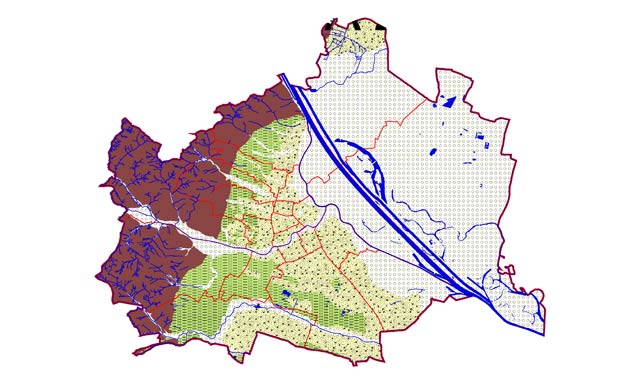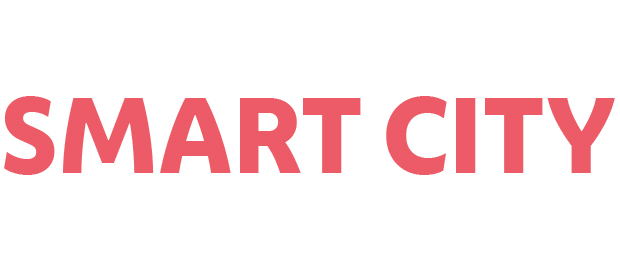
A joint research project by the City of Vienna and TU Wien gathers data on soil resistance in order to reduce CO2 emissions in construction projects.
Municipal Dept. 29 – Bridge Construction and Foundation Engineering (MA 29) and Vienna University of Technology are conducting a detailed study of soil resistance in the subsoil beneath the city with the aim of conserving resources and building materials in construction projects. Specifically, the researchers are investigating the properties of the Danube gravel, which dominates the geology of approx. 60% of the urban area, and the Miocene deposits which underlie about half of the urban area. Estimates suggest that improved knowledge about the condition of the subsoil could save about 3–5% of the volume of concrete required for projects with deep foundations.
Added value for both the construction industry and the environment
Reducing the volume of concrete required improves the cost-effectiveness of construction projects, allowing building contractors to save costs and build more cheaply. Looking at the bigger picture, however, the positive impact on the environment is even more significant: reducing the volume of concrete simultaneously reduces the volume of cement, which is a basic component of concrete. Cement production has a large carbon footprint, so reducing it has a very positive effect on the environment. Furthermore, greater efficiency on the building site also results in shorter transport distances. In collaboration with other partners, the City of Vienna and TU Wien are also investigating the viability of alternative concrete formulas using eco-optimised cement.
Project partners
The research project is led by Municipal Department 29 – Bridge Construction and Foundation Engineering, with TU Wien conducting the accompanying scientific research. Another project partner is Smart Minerals GmbH – a spin-off created to translate academic research into building industry applications in the fields of cement, concrete, mineral building materials and construction methods – which is investigating the effects of using various different types of cement for the construction of foundations. Given that smart solutions in the building industry can play a major role in reducing CO2 emissions, this research is of great interest with regard to the Smart City Wien target of halving local per capita greenhouse gas emissions by 2030.
Contact
E-Mail: post@ma29.wien.gv.at
Website: wien.gv.at
This post is also available in: German



